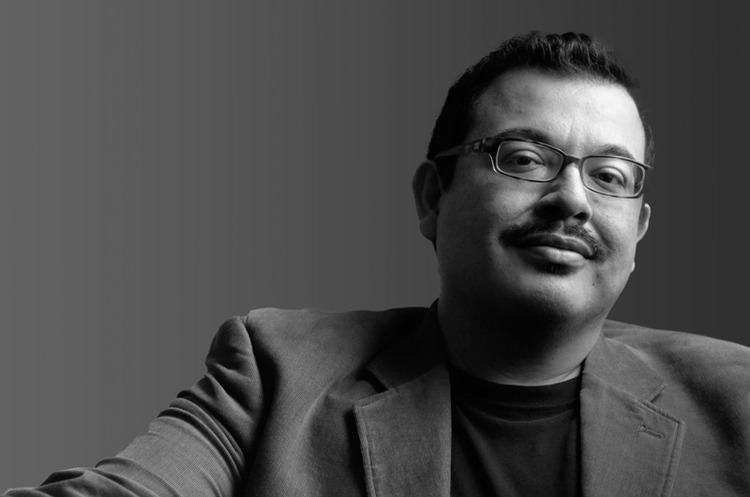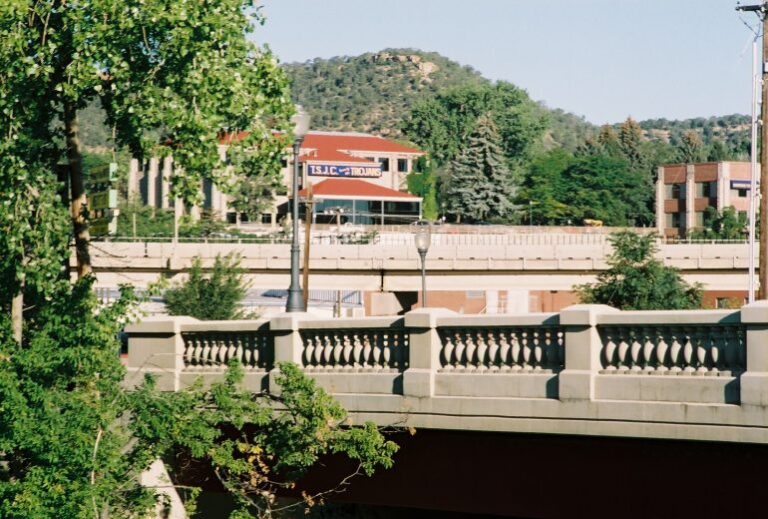Literary Boroughs #34: Lexington, KY
The Literary Boroughs series will explore little-known and well-known literary communities across the country and world and show that while literary culture can exist online without regard to geographic location, it also continues to thrive locally. Posts are by no means exhaustive and we encourage our readers to contribute in the comment section. The series will run on our blog from May 2012 until AWP13 in Boston. Please enjoy the thirty-fourth post on Lexington, Kentucky, by Lindsay Sainlar. -Andrea Martucci, Ploughshares Managing Editor
Look at this map of Kentucky. On the squiggly-line northern border, defined by the Ohio River, you’ll find Louisville – where I was born and raised. This River City is the birthplace of Hunter S. Thompson and the song, “Happy Birthday to You.” It’s where ZZ Packer lived for bit, and incorporates into her writing. Where Sena Jeter Naslund is editor of The Louisville Review at Spalding University. Jay Gatsby was stationed here, and Louisville is where he met and fell in love with local Daisy Buchanan. And let’s not forget about the The Kentucky Derby.
Now drag your eyes east away from the blue dot in this red state, and stop when you find the second biggest Kentucky city, Lexington—where I now live. Once known as the Athens of the West, this city is claiming to be the literary hub in a state that’s working hard to establish itself as the Literary Capital of Mid-America.
Is that crazy? I don’t think so. I mean, we’re Kentuckians.
We know how to tell stories and drink bourbon.
What The Horse Capital of the World, and its neighbors, are known for:
Bourbon, thoroughbreds, burgoo, Ale-8-One, tobacco, beer cheese. coal, limestone, and, of course, UK’s rabid fan base known as Big Blue Nation, who watched their Wildcats win a national basketball championship last April.
Kentucky Writers (I’ll star the ones I know have a Lexington past):
Nikky Finney*, Wendell Berry*, Bobbie Ann Mason*, Barbara Kingsolver*, Kim Edwards*, George Ella Lyon*, Ed McClanahan*, Gurney Norman*, Maurice Manning*, Erik Reece*, Harry M. Caudill*, Silas House*, Kirby Gann, Sue Grafton, James Baker Hall*, Frank X Walker*, Robert Penn Warren, William Wells Brown, Jesse Stuart, James Still, Elizabeth Hardwick, Sarah Gorham, Tori Murden McClure, Sallie Bingham, Robert Kirkman, C.E. Morgan, Maureen Morehead, Alex Taylor, Guy Davenport, and I know I’m missing many, many more.
Where to learn:
Well, there’s Transylvania University, a liberal arts college that just brought on poet Maurice Manning, a Guggenheim Fellow and Pulitzer Prize finalist for The Common Man.
And then there’s UK, whose English department hosts some of the above writers, including Finney—who recently won the National Book Award in poetry for Head Off and Split. Finney also works with the dynamic group of Affrilachian Poets, founded by Frank X Walker, who coined the term “Affrilachia” and studied at UK. This group of writers is working to debunk the all-white and poor Appalachian stereotypes by giving voice to their African heritage and rural roots through spoken and written word. Check out this video of Bianca Spriggs reading “My Kind of Woman.”
I first saw Bianca read at Al’s Bar, a dark, come as you are dive bar that serves amazing pub fare with mostly local produce/meat, and on the last Wednesday of every month, Al’s is home to the Holler Poets Series. Holler, named after the way many people pronounce “Hollow” in these parts, features an open mic, two badass local writers, and a musical, usually bluegrass, performance. Local writer Eric Sutherland, the poet laureate of Al’s Bar, has been curating and hosting the monthly celebration of local literature and music since 2008.
Saving the best for last: The Carnegie Center for Literacy. Almost every writer I’ve mentioned has come through this building, whether to read, teach, or learn. Along with classes in your token genres, you can better your knowhow in almost any subject at this writer’s haven: Spanish, how to publish and promote an eBook, yoga, how to submit your novel, Photoshop, and grant writing. The list goes on, and the Carnegie is also home to the Kentucky Great Writers Series, a good reading to attend if you’re looking to expand your list of favorite local writers.
Where to find books:
Moving to Lexington from Boston, in an economy that has not been kind to local book shleppers, I was shocked/delighted to discover so many places to spend money on books. My credit card statements should be framed at Morris Book Store, where a teenage version of Holler is held, called Teen Howl. Two-story Joseph-Beth Bookstore feels like a national chain, but isn’t. At sQecial media, you can walk away with a book, a pipe, and tarot cards. For used books, there’s Wild Fig and Thrifty Book Worm, and recently, a host of “Take a book, leave a book” stands have popped up all over the city.
Where to caffeinate:
Every good college town needs a funky hip coffee shop where the artists can lounge; Third Street Cafe fills that niche. Multi-storied Common Grounds has been around for 17-years, and then there’s Coffea, Great Bagel, and the very new North Lime Coffee & Donuts, just down the road from Al’s Bar.
Where to get a little, or very, drunk on good local beer:
In a state known for bourbon, local craft breweries have been popping up every which way. If you’re ever in Lexington, go to Country Boy Brewery. And then have someone drive you to West Sixth Brewery.
Writerly Events:
If you’re local and you care, subscribe to this Kentucky Literary Newspaper, which the Carnegie Center will soon be taking over. You’ll find out about the Women’s Writer’s Conference (the longest running of its kind), state book fairs, readings, writings, the Books-in-Progress conference, the Writer’s Block festival, Festival of Contemporary Writing, OKI Children’s Literature Conference, and et cetera, et cetera, et cetera.
Where to publish in this state:
The University Press of Kentucky in Lexington handles the scholarly stuff for all the universities, five private colleges, and Kentucky’s two major historical societies. If poetry is your genre, check out Accents Publishing, which is edited by poet Katerina Stoykova-Klemer.
For 40 years, Larkspur Press has been hand-printing and hand-bounding books by almost exclusively Kentucky writers, both new and established. Finishing Line Press in Georgetown features annual chap book contests. Broadstone Books in the state’s capital of Frankfort publishes two books a year. Bowling Green has Steel Toe Books. In Louisville you’ll find Typecast Publishing and its letterpress Lumberyard Magazine, Sarabande Books, MotesBooks, and Spalding University’s Fleur-de-Lis Press, which prints mostly “first” books by writer’s featured in The Louisville Review.
As far as journals go, the Wind Magazine is Kentucky’s longest-running independent journal. Still—named for James Still, author of River of Earth, a novel about the struggles of coal mining in Eastern Kentucky—is edited by fan-favorite Silas House, Marianne Worthington, and Jason Howard. And then there’s Pegasus, New Madrid, Limestone Journal, and Appalachian Heritage, which has been publishing the voices and stories of Southern Appalachia for four decades now.
(Forgive me if I missed anything huge! I’ve been gone for eight years. Teach me what you know about Kentucky, and Go Cards.)
Lindsay Sainlar used to work with us here at Ploughshares while she was getting her MFA in creative nonfiction at Emerson College. Now she’s working for Big Bird down in Kentucky, and trying to pay back her student loans by betting on the ponies.


